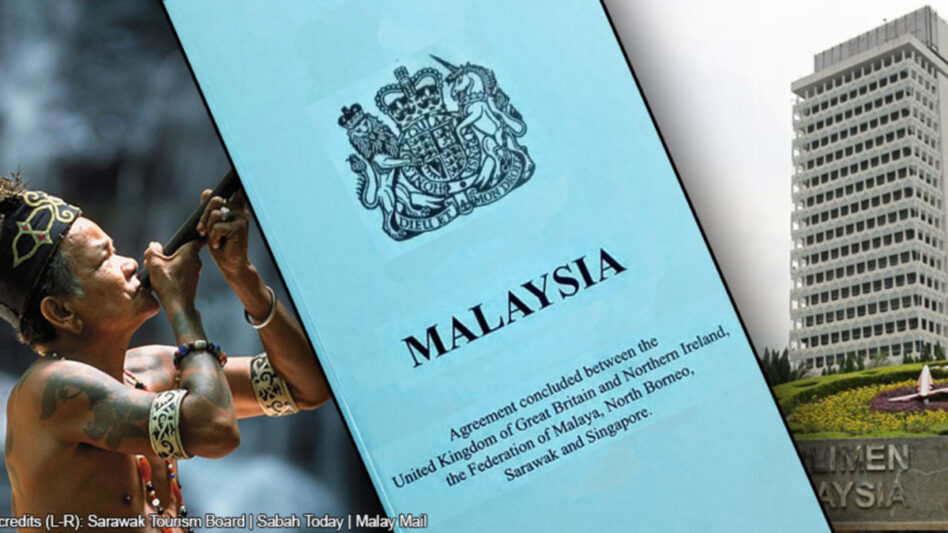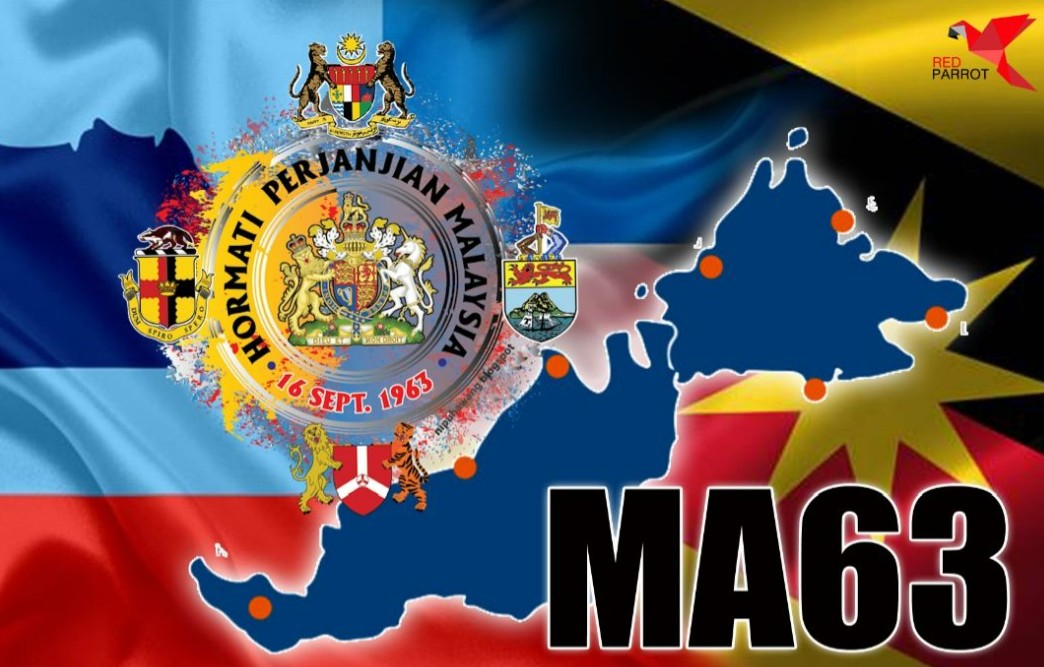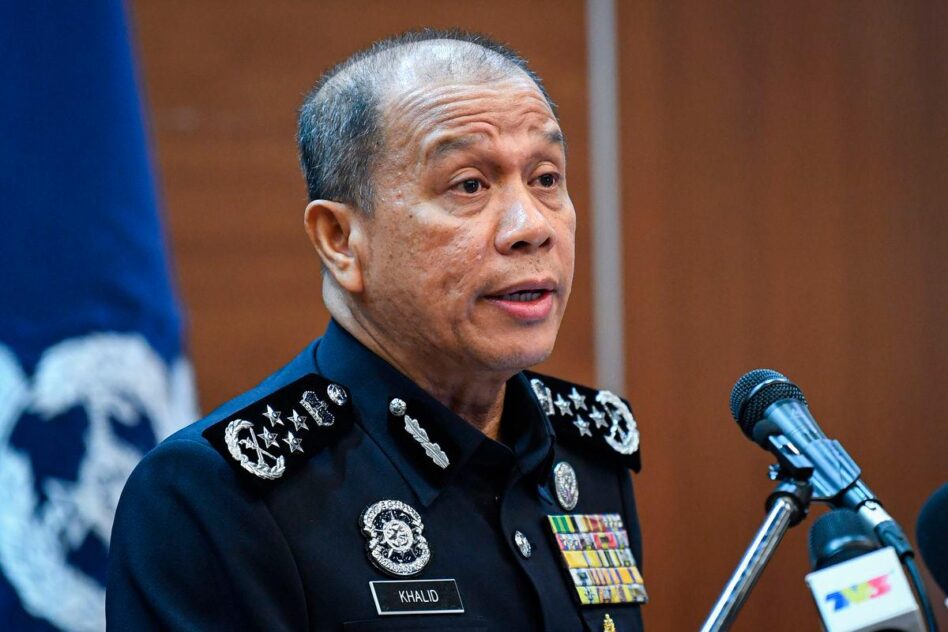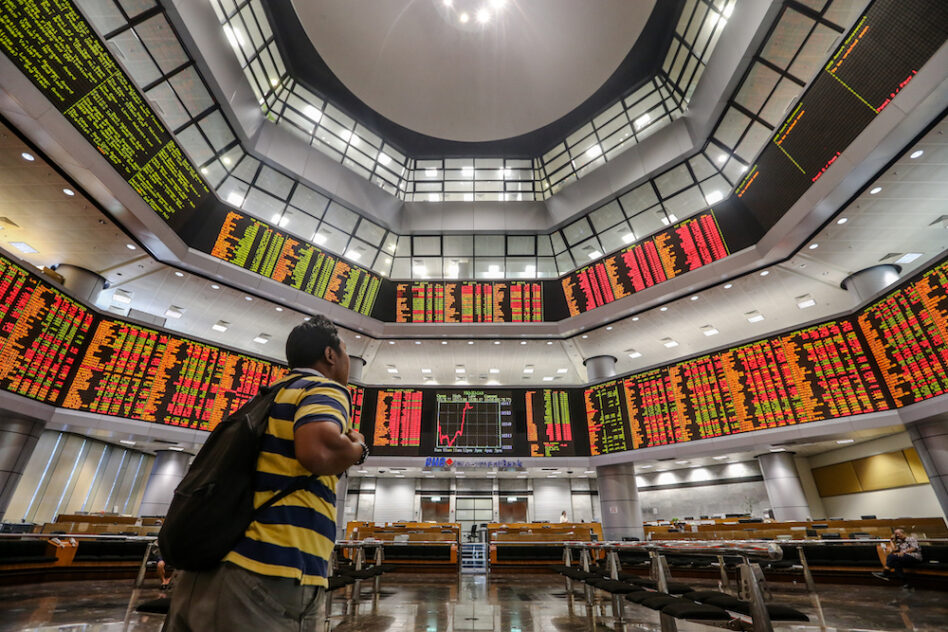INDIGENOUS people leader Datuk Petinggi Andrew Ambrose Atama Katama has hit out at the Federal government for its persistent failure to honour the Malaysia Agreement 1963 (MA63) while continuously violate the rights of indigenous Sabahans and Sarawakians.
He pointed to Malaysia’s track record of “broken promises” whereby the 1976 constitutional amendment “downgraded Sabah and Sarawak to mere states while centralising control over our oil, gas and lands”.
This is despite the MA63 having been a sacred covenant that guarantees Sabah and Sarawak’s autonomy, resource sovereignty and equitable development as equal partners in Malaysia.
“Yet, the indigenous peoples of Borneo – guardians of ancestral domains and cultures – endure systemic marginalisation, economic exclusion and the erosion of our constitutional rights,” claimed Ambrose who is also the Sabah Defender of Ancestral Lands (MOPOT) president in a recent media statement.
“Unfulfilled MA63 commitments such as 40% revenue-sharing and one-third parliamentary representation have left Sabah with a 25.3% poverty rate and Sarawak at 12.9% – among Malaysia’s highest.

“Indigenous communities, including the Bajau, Dayak, Orang Ulu, Momogun, Dusunic, Patanic and Murutic, face hardcore poverty, land dispossession and barriers to education and healthcare while federal policies favour Peninsular interests.”
‘Prioritising Malay privileges’
Recent special grants, though noted, are a superficial gesture against decades of neglect, according to Ambrose.
“Worse, Article 153 is weaponised as a race and religion card, prioritising Malay privileges while marginalising indigenous Sabahans and Sarawakians,” he lamented.
“Intended to protect native interests, this provision has been twisted to entrench Malay supremacy, thus denying our people (indigenous Sabahan/Sarawakian) equal economic, cultural and political rights.”

Such double standard undermines the United Nations’ Sustainable Development Goals (SDG), in particular SDG 10 (reduced inequalities) and SDG 16 (peace, justice, and strong institutions), thus “exposing Malaysia’s claims of inclusivity as hollow”.
“Our indigenous identity, grounded in customary laws and ancestral lands, demands equal recognition, not subordination,” insisted the Permanent Representative of the Dayak Indigenous People at the UN.
As Malaysia prepares for its 2025 UN Voluntary National Review (VNR) in New York, MOPOT has demanded global scrutiny of the following deemed failures of the Federal government:
- What concrete steps has Malaysia taken since 2018 to restore constitutional safeguards for Sabah and Sarawak indigenous people under MA63, particularly regarding indigenous land rights and resource control? How are these measures addressing the historical under-development of East Malaysia?
- How is Malaysia ensuring equitable revenue-sharing and increased parliamentary representation for Sabah and Sarawak as promised under MA63 to reduce economic disparities and empower indigenous communities in line with SDG 10 (reduced inequalities)?
- What mechanisms are in place to protect the rights of indigenous people in Sabah and Sarawak to ensure access to education, healthcare, cultural development and legal recognition as part of Malaysia’s SDG commitments? – May 19, 2025
Main image credit: RedParrot/Facebook









